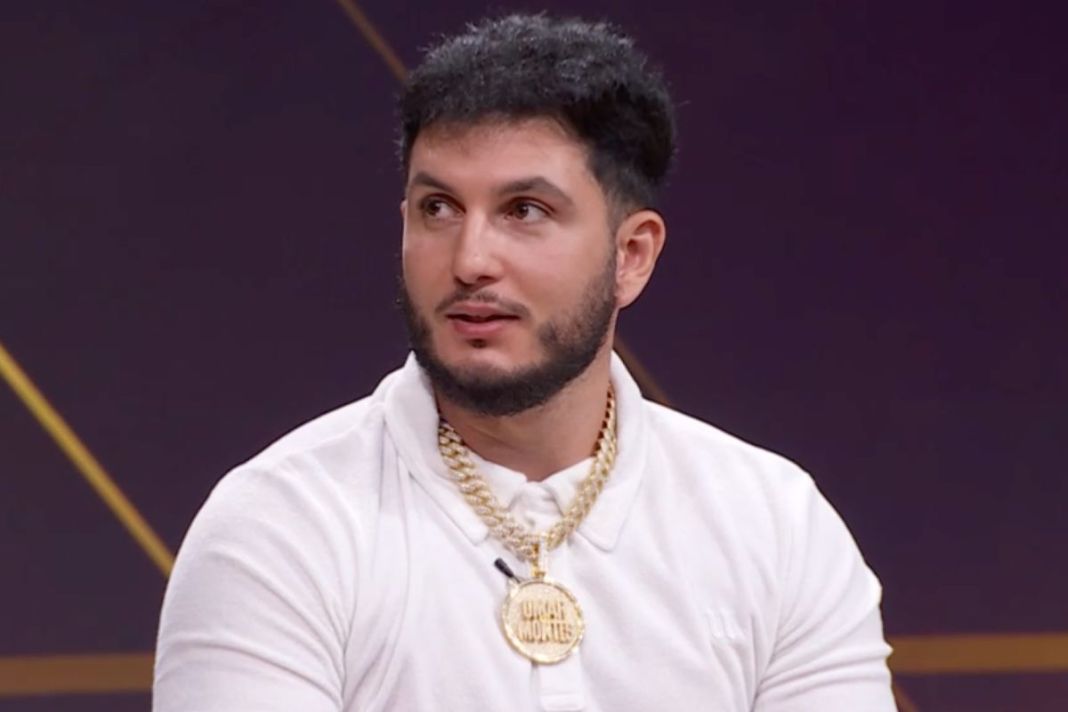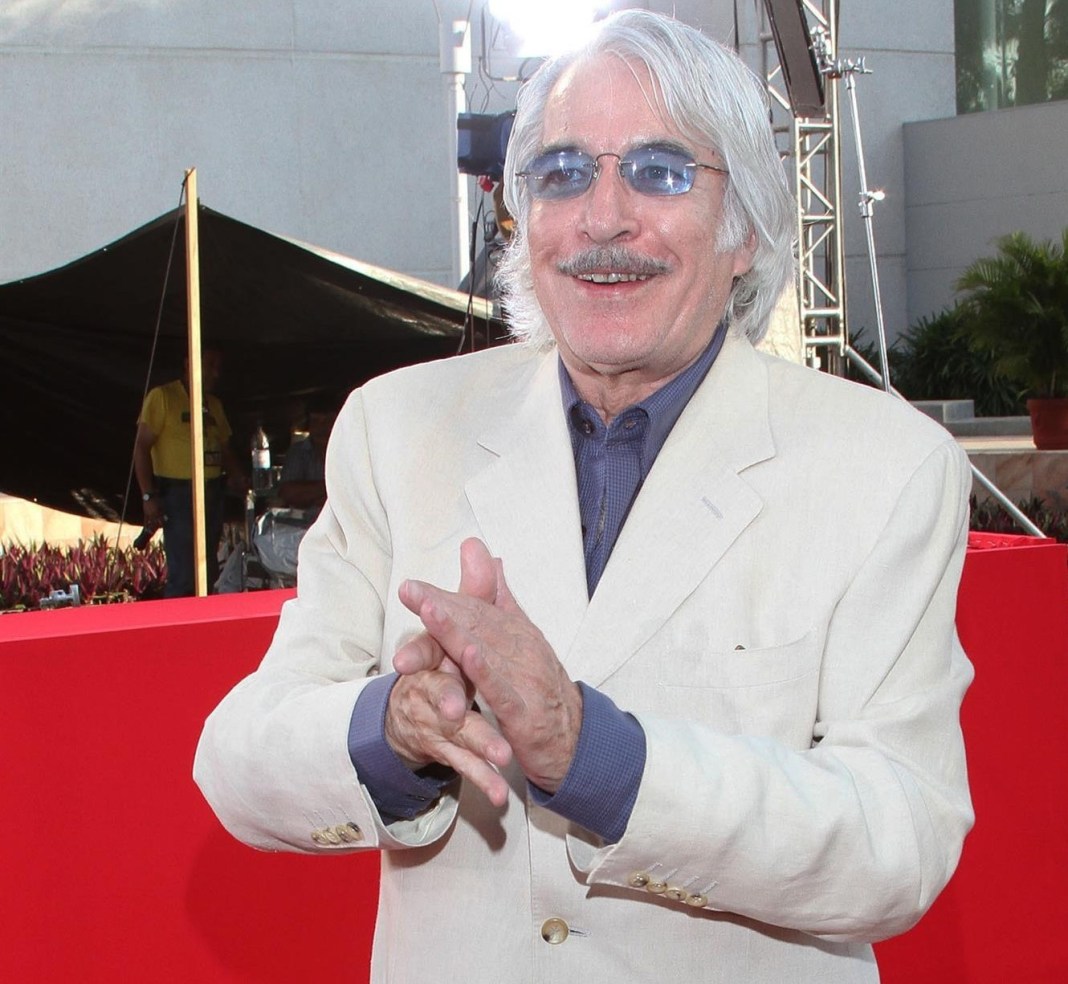The singer Omar Montes opens this week in the format of the documentary to tell how he went from driving a “drug taxi” at the age of 14 to becoming the most listened to Spanish artist on Spotify in 2020, all in a production that, however, obviates some of his most notorious controversies.
“I have never considered myself macho and that is why nothing of that comes out,” he defends in a talk, after shamelessly acknowledging that in “The little prince … is Omar Montes”, which premieres this November 14 through the Amazon Prime platform, “there is nothing of self-criticism”, especially in the field of feminism, for which so many reproaches have been received.
To criticize there are already others, the Madrid artist must have thought, who regrets several times in these episodes that in his case a different measuring rod is used. “If I go out in a song on a yacht with 20 girls naked and touching their ass, I end up in prison,” he argues, before also remembering that in Rosalía’s “Linda” it is said, “I spit on her face at the same time as if she were my whore “.
“If another artist does it, it puts the song at number 1 and everyone likes it. I like it too. I don’t criticize, because there are many types of artists and, if someone thinks that my music is macho, they have to listen to Juan Magán or David Bisbal, who are great singers. Nobody forces you to listen to anyone “, insists Omar Montes.
With regard only to this new milestone in his career, he says that it was Mediaset España, which produces the series in collaboration with Unicorn Content and Beta Spain, which approached him to propose that he tell about his experiences from his humble past in the Blessed Bread neighborhood to stardom.
“I’m not saying no to a good documentary and they gave me a fortune,” he says wryly before a “long life, of doggy years, in which each one is worth seven”, so he accepted the project.
Conceived as a trip “to inspire others”, the series does not hide “small misdeeds” to survive, such as when as a child he sold broth pills that pretended to be marijuana or when, at the age of 14, he made some money transporting people in a kunda to the town of Valdemingómez.
“The Instagram of an artist is that his concerts are ‘sold out, that he has made numbers 1 and millions of visits, that they are the most handsome and those with the most girlfriends, but there is a B-side”, says Montes (Madrid, 1988).
Victim of “bullying” for being “Moor, gypsy, and fat”, his mother recalls in the series still hurt, with tears in her eyes, how on one occasion they disfigured her face from a beating, harassment in front of which the theater played a cathartic and liberating role, just like music or boxing.
“In fact, the thing about ‘The Prince’ comes from the time when I was fighting. When I got to the gym when I was 14 years old, the coach told me how I was going to box, that he was a prince, so white and chubby, as very fragile But with effort and training every day, I showed them that I was a crack, “he now boasts.
They say about him that “he came from the neighborhood and stayed in the neighborhood”, hence many of his friends and colleagues at the time are also protagonists of this story, with whom he built the so-called “Chavez sound”, especially after the discovery of an abandoned computer next to some garbage containers that they managed to make work.
“In my first concerts there was no one, they” bullied “me when I was little and I did not get a girlfriend or shot. People are sometimes disappointed because they see the exemplary life of the artists, although that is not the reality. With the documentary I want to imply that you have to go through many situations that are not so good and that you can get to everything from nothing, as it happened to me, “he adds.



















































































